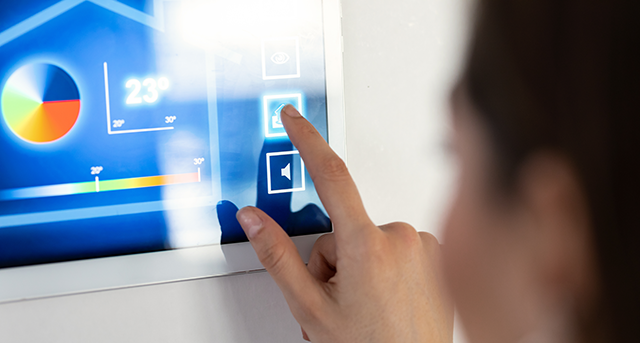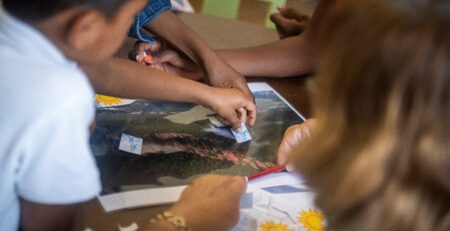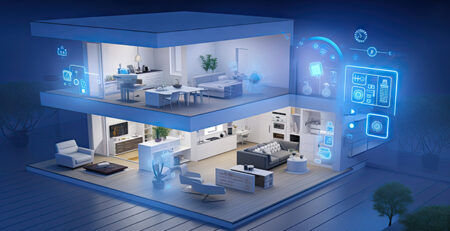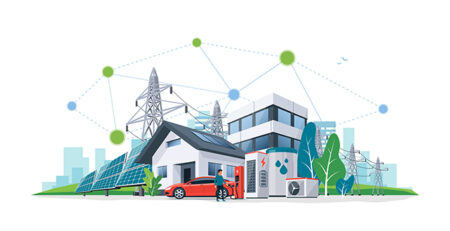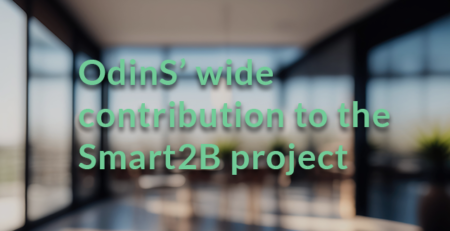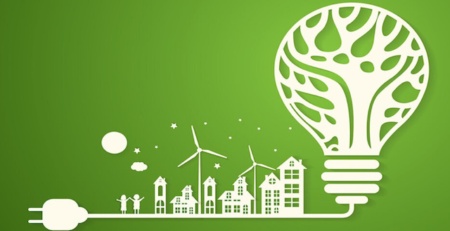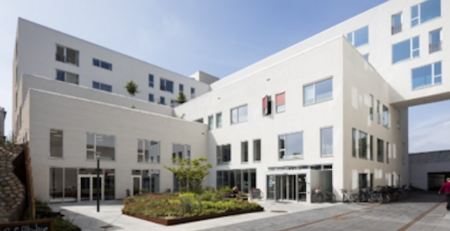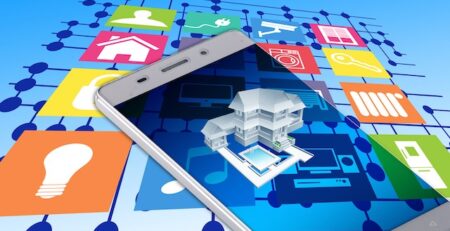RWTH Aachen University’s experience in the Smart2B project
As a leading institution at the forefront of research and development, RWTH Aachen University has actively engaged in diverse Smart2B work packages, providing multifaceted insights into the project from various perspectives. The Institute for Energy Efficient Building and Indoor Climate (EBC) and the Institute for Future Energy Consumer Needs and Behavior (FCN) are two distinct institutes at RWTH Aachen University actively participating in the project. In this article, the primary focus is on the experiences of FCN within the Smart2B project.
Main Activities in Smart2B
RWTH Aachen University’s main role at the beginning of the project, within the scope of Work Package 1, was to analyze the different stakeholders involved in the project: Smart2B project consists, in fact, of a wide range of stakeholders, which are directly or indirectly affected by the project itself, as well as by the effects a successful retrofitting of energy management system (EMS) through smart home technology in residential and non-residential buildings.
Later, based on the insights from tasks in Work Package 1 and information from Work Package 4, RWTH had the responsibility of assessing the gamification module to see how the game element design can increase user engagement within the interactive application, by guiding the user’s attention to different aspects of energy consumption behavior.
Another activity that RWTH is executing during this last year of the project is analyzing the energy consumption in residential buildings in two different climate zones, cold and warm. This activity is closely related to work package 6. This task is aimed at analyzing the different factors influencing energy consumption in residential buildings, energy literacy, and personal motivations, specifically in buildings located in Portugal and Denmark. In this regard RWTH, with the help of EDP NEW, conducted a survey: the data collection process has not finished yet. In this survey, different research questions can be answered such as how energy poverty affects the energy consumption behavior of households using new technology at home or the role of energy literacy on the energy consumption behavior of households.
Achievements
Based on the different activities conducted by RWTH in the Smart2B project, several notable achievements can be highlighted:
Stakeholder Analysis (Work Package 1): RWTH analysis laid the foundations for a comprehensive understanding of the diverse stakeholders affected by the Smart2B project. This achievement provided crucial insights to identify the individuals and communities related to the project and categorize the different actors interested in the smart2B innovations.
Gamification Module Assessment (Work Package 5): RWTH’s responsibility for evaluating the gamification module represents a significant achievement. Analyzing different game element designs enhances user engagement with the interactive application. These insights contributed to the optimization of the design and functionality of the gamification component, a crucial aspect of encouraging positive energy consumption behavior.
Energy Consumption Analysis in Residential Buildings (Work Package 6): RWTH’s endeavor to analyze energy consumption in residential buildings across different climate zones (cold and warm), particularly in Portugal and Denmark, is a substantial achievement. This survey, conducted in collaboration with EDP NEW, holds the potential to provide valuable insights into the factors influencing energy consumption, energy literacy, and personal motivations in diverse environmental contexts.
Insights into Energy Poverty and Technology Adoption: The ongoing survey and analysis conducted by RWTH may shed light on the relationship between energy poverty and the adoption of new technology in households. The results could uncover how energy poverty influences energy consumption behaviors when utilizing smart home technology, providing a nuanced understanding for future interventions.
Role of Energy Literacy in Residential Energy Consumption: RWTH’s exploration into the role of energy literacy on the energy consumption behavior of households is an achievement with broad implications. This research has the potential to reveal insights into how informed decision-making and awareness impact energy use, contributing to the more general goal of sustainable energy practices.
In summary, RWTH Aachen University’s achievements in the Smart2B project include the comprehensive analysis of stakeholders, successful assessment of the gamification module, the ongoing survey on energy consumption in diverse climate zones, insights into the relationship between energy poverty and technology adoption, and a deeper understanding of the role of energy literacy in shaping residential energy consumption behaviors. These accomplishments collectively contribute to the project’s overarching goal of advancing sustainable energy management practices in both residential and non-residential buildings.
by Rahil Dejkam, Institute for Future Energy Consumer Needs and Behavior (FCN), School of Business and Economics / E.ON Energy Research Center, RWTH Aachen University, Mathiestraße 10, 52074 Aachen, Germany


